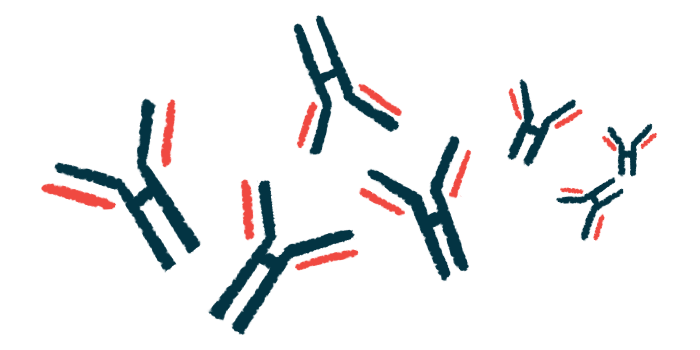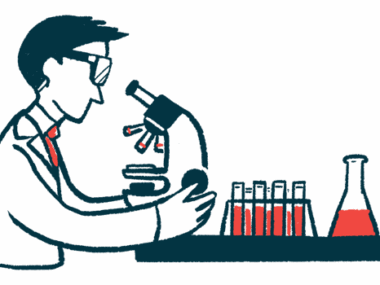Checkpoint inhibitors may be effective Pan-NEN immunotherapy
Study profiled immune signaling molecules, immune cells in patient samples
Written by |

Certain immunotherapies may be effective in some cases of pancreatic neuroendocrine neoplasms (Pan-NEN), a rare type of pancreatic cancer, according to a study that profiled immune signaling molecules and immune cells in cancer samples from patients.
The study, “The prognostic and therapeutic value of the tumor microenvironment and immune checkpoints in pancreatic neuroendocrine neoplasms,” was published in Scientific Reports.
Pan-NEN refers to a specific pancreatic cancer that grows out of epithelial (surface) and neuroendocrine (hormone-making) tissues. It accounts for about 1 in 20 cases of pancreatic cancer and is often challenging to treat.
Pancreatic neuroendocrine tumors can be classified into two types: well-differentiated tumors with cells similar to normal cells (Pan-NET), and poorly differentiated tumors with abnormal cells (Pan-NEC), which are a more aggressive variant.
One of the biggest recent breakthroughs in cancer treatment has been the development of immunotherapies called checkpoint inhibitors, which work to boost the ability of immune cells to destroy cancer cells.
Healthy cells normally express signaling molecules, called checkpoint molecules, to tell the immune system that everything is OK. One such molecule is called PD-L1, which interacts with PD-1, a receptor protein expressed by cancer-killing immune cells called T-cells. But many cancers start to express very high levels of these same signaling molecules, which tricks the immune system into thinking everything is normal even as the cancer grows rampant.
Evaluating checkpoint inhibitors
Checkpoint inhibitors block these signals, freeing the immune system to attack cancer cells. Examples include Keytruda (pembrolizumab) and Jemperli (dostarlimab-gxly), both of which block the interaction between PD-1 and PD-L1.
As a rule, these treatments are most effective in cancers that express high levels of checkpoint molecules. There isn’t much data on whether these molecules are expressed at high levels in Pan-NEN, which has made it difficult to predict whether checkpoint inhibitors are likely to be effective.
Here, researchers analyzed tumor tissue and healthy tissue from 56 people with Pan-NENs. The researchers examined the tissue for levels of checkpoint inhibitor molecules along with other markers of immune activity.
Slightly more than 40% of the tumors were positive for the checkpoint molecules PD-1 and PD-L1. Other checkpoint molecules also were expressed in a substantial quantity in the tumors.
“The expression rates of PD-1 and PD-L1 were calculated at 42.9% and 42.1%, respectively … By blocking the transmission of these inhibitory signals, it may be possible to reactivate the anti-tumor capabilities of T-cells, thereby enhancing the immune response against Pan-NEN,” the researchers wrote.
The tumors expressing these checkpoint markers tended to be poorly differentiated, or Pan-NECs, meaning the tumor cells were behaving very differently from normal pancreas cells, a feature that’s usually associated with more aggressive cancers and worse patient outcomes. Patients whose tumors expressed the checkpoint molecules also generally had poorer survival outcomes. These findings suggest that checkpoint inhibitors may be an effective option for Pan-NENs, especially for patients with Pan-NECs.
The analyses also showed that macrophages, a specific type of immune cell, are often found at high levels in Pan-NEN tumors. Macrophages can kill cancer cells in some contexts, but in some situations they may actually help spur cancer growth, so this finding suggests that amplifying the anti-tumor properties of macrophages might also be a useful treatment strategy in Pan-NEN.
“These findings suggest that targeting macrophages to modulate their phenotype or inhibit their immunosuppressive functions could serve as a promising strategy to improve treatment outcomes,” the researchers wrote.




